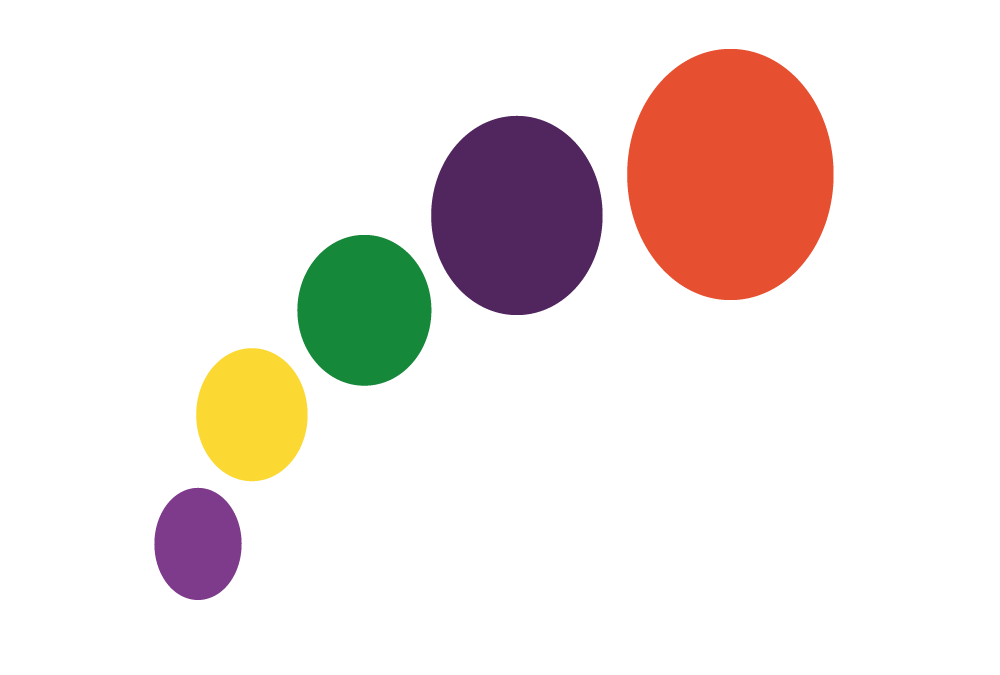“They think they know everything.”
“Social media seems the only important thing in their lives.”
“I can’t believe how they speak to me, I’d never have got away with that at their age.”
“Never see them, really don’t know what’s going on in their heads.”
“They don’t listen to anything you tell them.”
Frustrated parents of teenagers… Sounds familiar, doesn’t it?
It’s tough…but I can tell you what we’re not talking about enough. We’re not talking enough about their boundless creativity. We’re not talking enough about their innate passion to do good and just how knowledgeable and technically capable they are. We’re certainly not talking enough about their choices. When they make choices, they’re not thinking about whose pocket will be lined. They’re not thinking about what’s impossible – they believe without constraint.
We are living in an age where everyone has a voice, everywhere. There is more and more talk of community-centred action, child-led learning, youth-proofing, values-led business – it’s all about giving responsibility to those who benefit. So let’s do it more.
Schools are under pressure from all angles. They’re fighting to give an outstanding learning experience within an education system that isn’t geared to meet the world’s future needs. Are schools dishing out straight jackets on the door and driving out creativity and original thinking in young people? Well, let’s take them off and pose a question:
“Who would benefit from having over 100 passionate minds with unleashed creativity and zero ulterior motive – total freedom of thought?”
And we concluded that many organisations would benefit enormously from a youth perspective. For example, organisations who are delivering services to young people; businesses who want to know exactly what their current or future customers want. So, let’s set this in a frame of social value and sustainability and create a space for organisations and young people to co-create.
We’ve called our space Epic Steps Co-Creators. Epic Steps works with young people to help them make creative and responsible decisions that transform futures. We start by helping them to think differently and acknowledge the impact of decision-making on themselves and others. They go on to define their unique value proposition and how this fits into the world of work. Then we showcase skin-tingling innovation – and help them to see how their own creative decisions (now and in their future roles) have positive impact on our people and planet. Wouldn’t it be fantastic to bring together organisations wanting to disrupt outdated thinking and put something new on the table – with the unadulterated creativity and drive of these young people? We love this space.
So, what could these young minds work on? Perhaps they could work with public services: ask young people to work out how the Police can effectively communicate personal safety. Perhaps ask young people how they can encourage youths to tap into mental health and wellbeing services. And for businesses, how should they be engaging in the community; how might they design an app, how might they advertise a new product, how they might showcase apprenticeship programmes? The possibilities are endless.
And so what about primary age children? They are the new teenagers… Connected, confident. During one of our Epic Steps Conferences for Children, we had 100 eleven-year-old children in a room working on a fizzy drink product lifecycle. These children were looking at how the lifecycle and product could be more environmentally friendly. They were then communicating the features and benefits to customers. One child leapt up and threw this question at us: “How much more expensive is recycled plastic? I need to work out the percentage increase to get the right margin.” Another recommended making a container in the shape of a colourful pig so that, “instead of throwing it away, you can use it as a cool accessory”. Now that’s epic thinking.
During another Conference with 100 ten-year-old children (they’d just identified their unique profile of skills, values and interests), we asked the group: “Why is it so important that we are all so very different?” We had to laugh about the whole world going out for pizza on a Tuesday night, if we were all the same… Here’s another comment from the group: “If everyone had the same skills, values and interests, then they would not be able to work very well in a team – they would always come up with the same ideas and so they wouldn’t get the best solution to the problem.”
What extraordinary minds. Let’s hear them, let’s acknowledge that they have so much to contribute – and perhaps they will grow into adults who will make collaborative and ethical choices, taking into account the voices of others in their community and their natural environment. Perhaps they will drive responsible business practice in their employers and have citizenship that we could only imagine. I suspect that we, as adults steeped in a history of linear and capitalist economics, have a great deal to learn from these incredible young people.
If you’d like to go ahead and tap into this youth perspective, contact Alison Edmonds on alison.edmonds@epicsteps.co.uk or 07887 952265. Click here here to find out more about Epic Steps Co-Creators – you’ll love working with such extraordinary talent and creativity, we do.
We always welcome organisations and individuals passionate about supporting our young generation.

